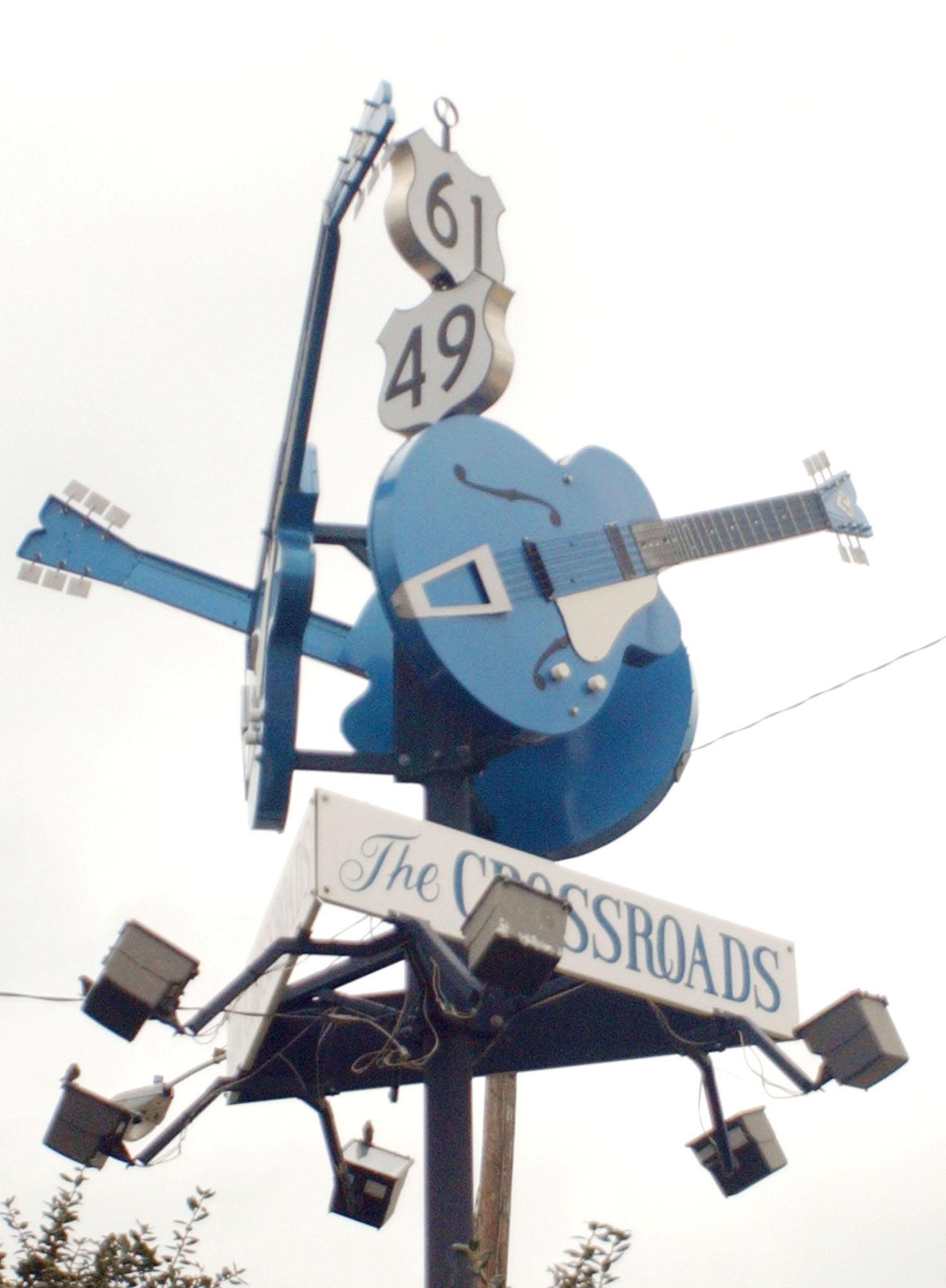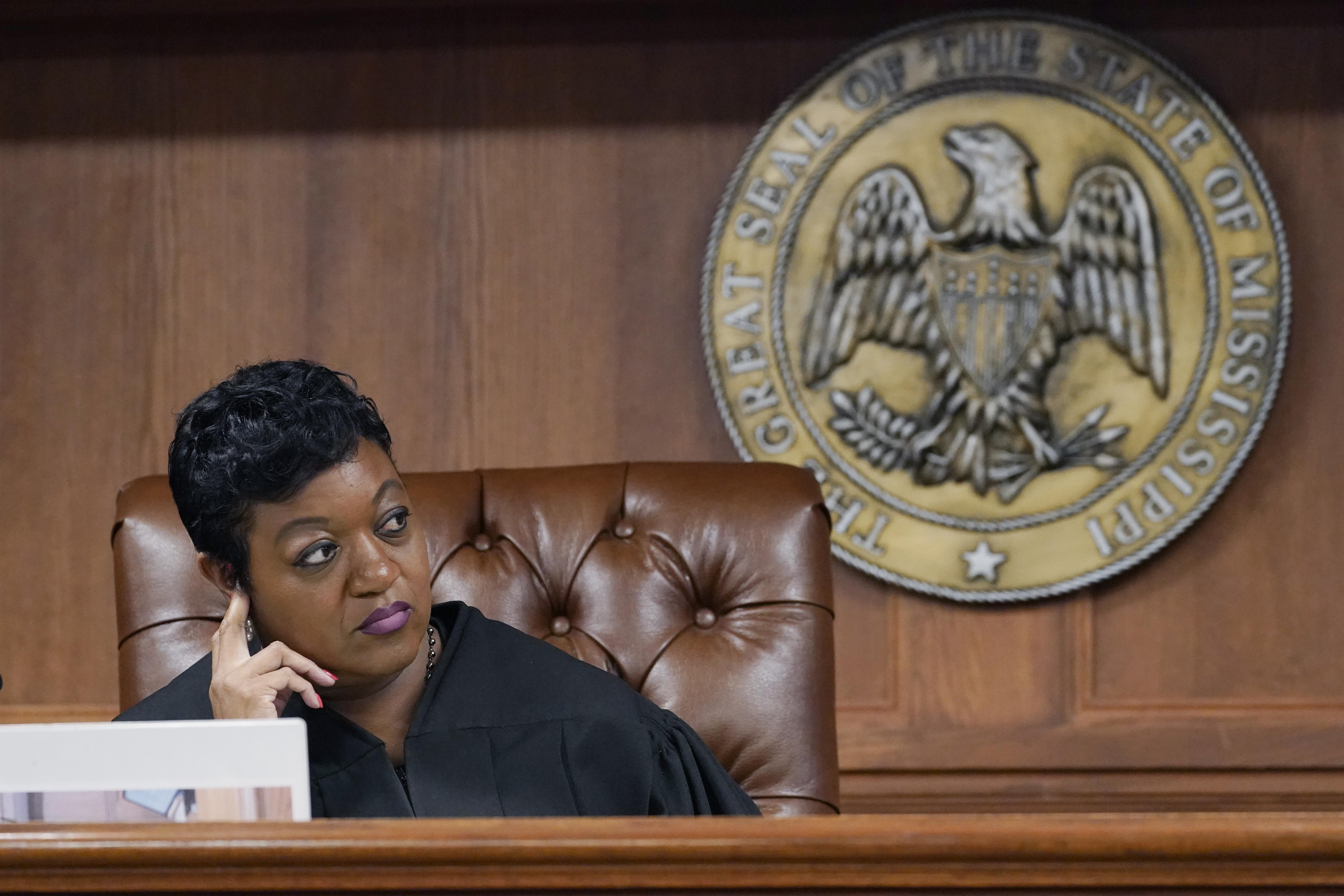Now, a judge has issued a temporary restraining order requiring him to take down an editorial from the Press Register website, penned by the paper’s editor and publisher, Floyd Ingraham.
It questions why city officials didn't give prior notice to other media, nor Emmerich’s paper, of a meeting where they were voting on changing the terms of a proposed tax increase.
According to Ingraham, notice was physically posted on the doors of city hall, but he nor other media outlets in the region received notice. The city says that was a mistake, and not a way to ensure their vote happened in secrecy.
The proposed 2 percent hike, sent to the Mississippi legislature for approval after the Feb. 4 vote, would apply to all purchases of alcohol, tobacco and marijuana in the north Delta city – known as a ‘sin tax’.
The measure was first proposed as a way to increase police funding amid what residents have described as a growing struggle with gangs and youth gun violence.
Upon further inspection, the text of the resolution sent to the state capitol in Jackson actually reads as a measure that would put the funds toward “public safety, crime prevention and continued economic growth in the city”.
Ingraham’s Feb. 8 editorial, published on the Press Register website, calls attention to the last point, and poses several questions; among them one sentence at the heart of the situation:
“Have commissioners or the mayor gotten kick-back from the community?”
Clarksdale city attorney Melvin Miller refused to be recorded, but told MPB News on a Feb. 20 phone call that the paper was lying by insinuating the city purposefully didn’t notify media of the vote.
Miller also said the paper lied by claiming city council members and mayor Espy were receiving kickbacks in the now-unpublished editorial.
But both Ingraham and Emmerich say the phrase kick-back was merely used as a synonym for ‘push back’, and to claim otherwise would be ridiculous.
“We never got a chance to present our side of the case at all. We were never even served process. The judge just listened to their side and ruled against us,” said Emmeric. “We've dealt with so many mayors and public officials over the years, but I've never seen a mayor who felt so strongly that a newspaper's sole job is to be a propaganda vehicle for his political desires.”
‘It’s inexcusable’
Shortly after issuing the Feb. 18 restraining order forcing the Press Register to unpublish its editorial, outrage began to swell across the country, particularly on social media.
First Amendment watchdogs like the Freedom of the Press Foundation, a non-profit free speech organization, say the court order is plainly unconstitutional.
1964’s unanimous ruling in New York Times v. Sullivan said that the right to publish all statements is protected under the First Amendment, and that in order to prove libel, a public official must prove that what was said against them was done with actual malice and disregard of the truth.
The nation’s high court also established that governments themselves cannot sue for libel – despite that, the City of Clarksdale is listed as the plaintiff in the case.
“It should take 5 minutes of legal research to figure out that this ruling was unconstitutional,” said Seth Stern, director of advocacy at the Freedom of the Press Foundation.
“Either the judge did not put in that 5 minutes of legal research, and entered this ruling out of ignorance, or they did put in that 5 minutes of research, knew that their ruling was wrong, but didn’t care.”
In the week since that ruling, Hinds County Chancery Court judge Crystal Wise-Martin has come under fire from free speech advocates and media outlets alike.
In the state capital, Jackson, some have expressed their shock at this most recent ruling following Wise Martin’s opposition to a public funds for private schools plan and the controversial expansion of the Capital Complex Improvement District.





